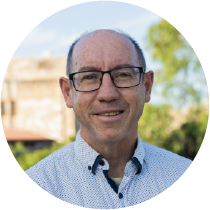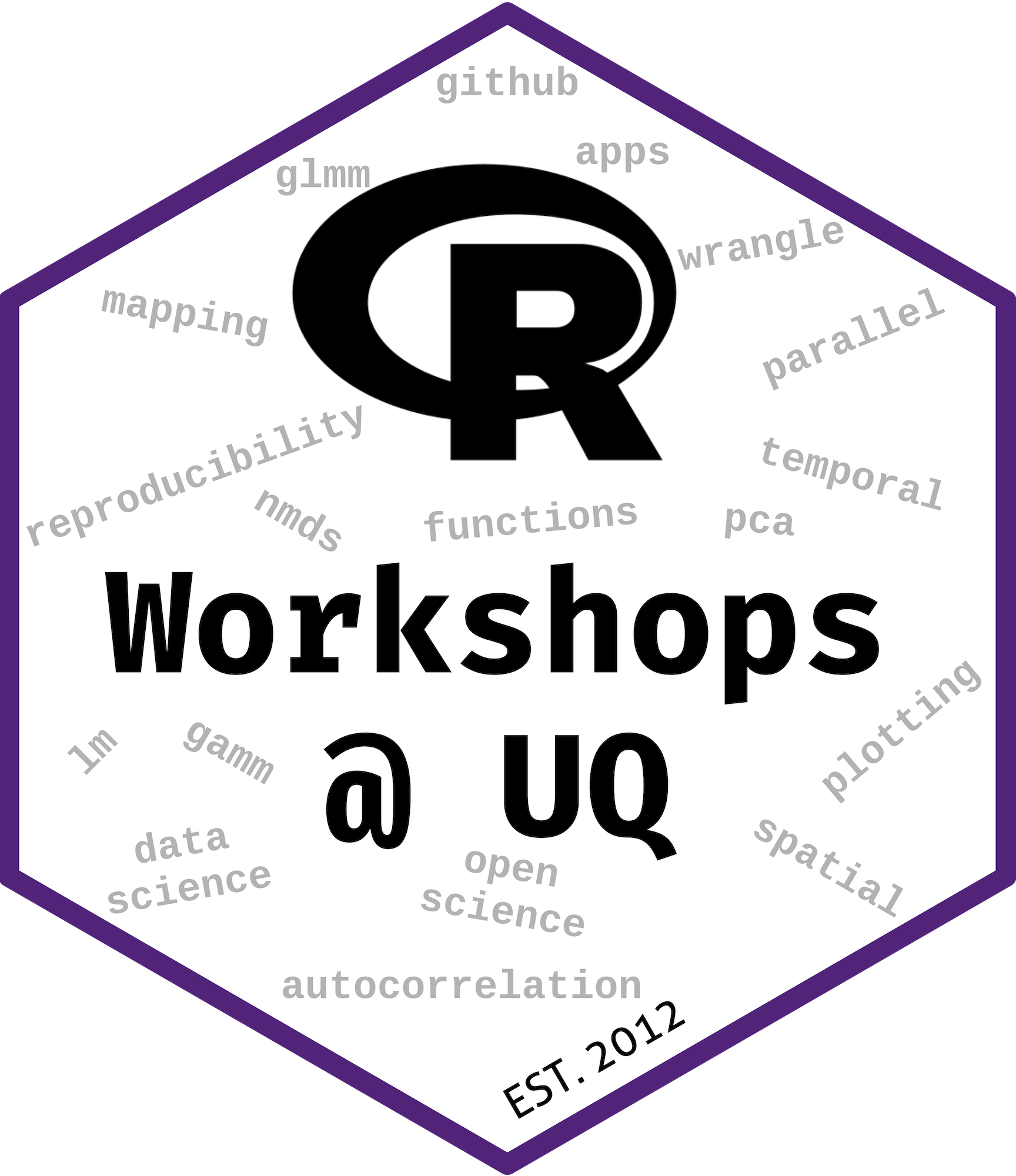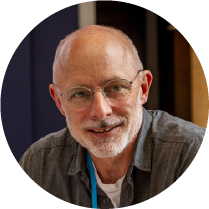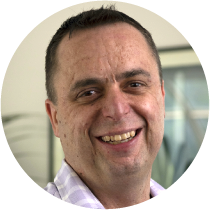About Us
Professor Anthony Richardson (UQ)

Anthony uses mathematical, statistical and computational tools to investigate the functioning of marine systems function and how they are impacted by people – and to uncover potential solutions. His primary research interests are 1) Marine spatial planning, including where best to locate marine protected areas to protect biodiversity under climate change and human use; 2) Applying robust statistical techniques to characterise and understand impacts of climate change on marine ecosystems; and 3) Developing marine ecosystem models that reveal the role of plankton in regulating fisheries productivity and carbon sequestration.
Anthony holds a joint position between the UQ School of the Environment and CSIRO Environment, Australia’s national science organisation.
Professor David Schoeman (UniSC)
Dave is a quantitative ecologist whose research focuses on identifying and quantifying ecological consequences of climate change at scales from the very local to global, and on designing strategies to minimise the loss of ecosystem services.
Since joining USC in the middle of 2012, Dave has initiated field projects to test specific predictions of climate-change ecology and to quantify ecosystem services provided by sandy beaches. He continues to contribute to several international collaborations with the aim of developing numerical methods for predicting the rearrangement of marine ecological communities under climate change, and for including this knowledge into marine conservation planning initiatives.
Dave’s teaching interests include numerical ecology and biostatistics.
Dr Jason Everett (UQ)
Jason is a biological oceanographer and data scientist. He works on understanding how oceanographic processes structure global pelagic food webs, designing climate-smart marine protected areas and investigating the impact of climate-change on marine ecosystem function. He enjoys working with model output, including oceanographic, climate and size-spectra, and collating large observational datasets to analyse.
Recently Jason has been building R-packages and R-shiny visualisation tools and applying novel spatial planning methods to inform marine spatial management. He is currently working on tools for on-the-ground deployment in the Weddell Sea (Antarctica) and various island nations of the Pacific, Indian and Atlantic Oceans.
The latest tools released are the Biological Ocean Observer, in conjunction with the r-package planktonr.


